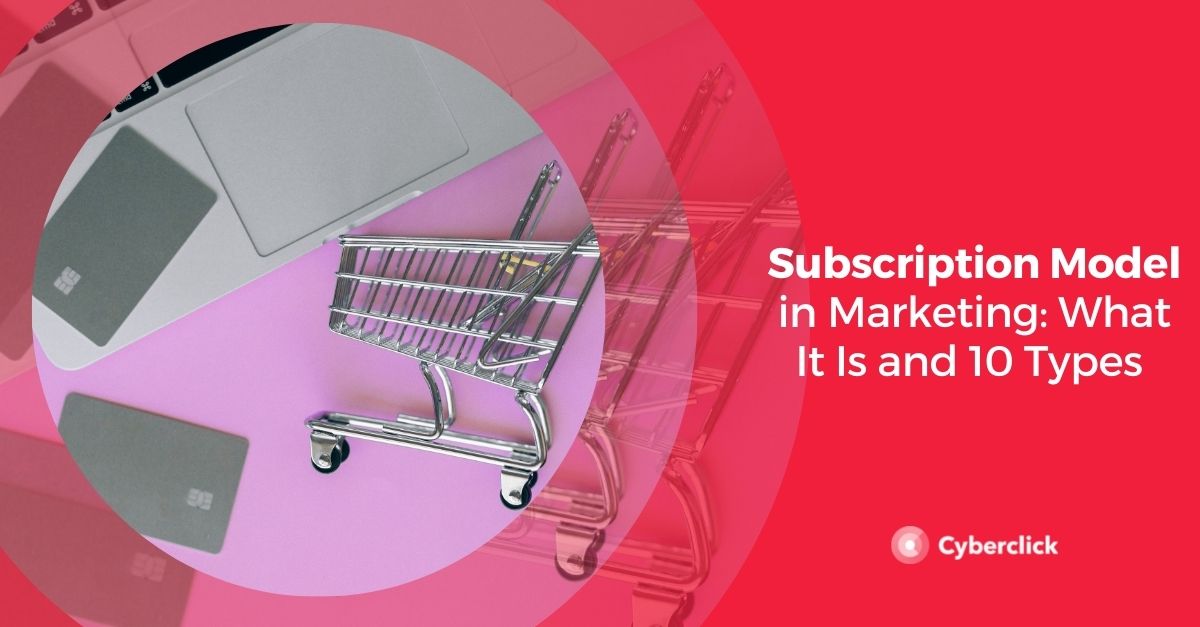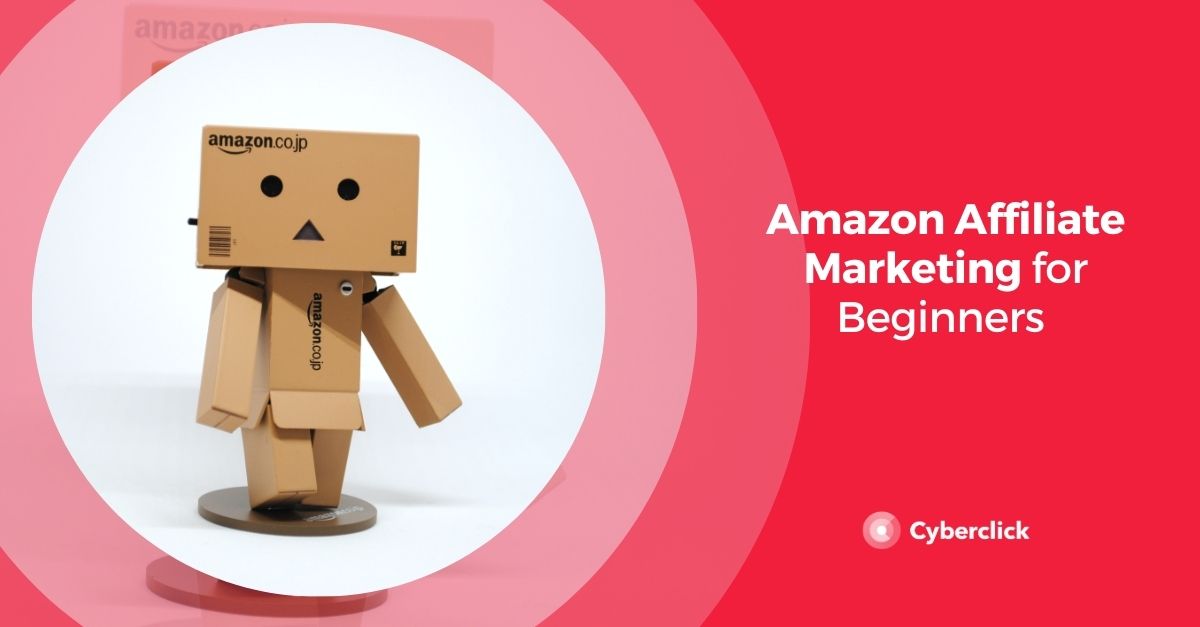Companies have to continually adapt their business and marketing plans to changing consumer needs and expectations and assess which methods work best.
One major change we've seen is the acceleration of ecommerce and direct to consumer business models (DTC). These increasingly popular models are changing the way consumers shop and interact with brands, and subsequently influencing their preferences and expectations.
So, what is direct to consumer, why is it becoming more popular, and what benefits could a DTC model potentially bring your business?

What Is Direct to Consumer?
The direct to consumer ecommerce model is used when a company sells directly to the end customer, cutting out any third-party retailers or wholesalers. It is a low barrier-to-entry ecommerce strategy that allows brands to deal directly with consumers. This is done through online platforms, social media, and e-commerce sites. The DTC model can be implemented by any company with the facilities to manufacture and distribute its own products.
Traditionally, most business models would be based on the following process:
- Manufacturer to wholesaler
- Wholesaler to distributor
- Distributor to retailers
- Retailers to consumers.
However, recent studies are revealing that the majority of consumers these days prefer to deal directly with brand manufacturers, rather than retailers. This is down to increased accessibility, changing purchasing habits, and a shift in consumer expectations. However, if you are considering implementing a DTC model in your business, it is vital that you design a well-thought-out strategy that helps you stand out from the crowd without the backing of a reputable retailer.
What Are the Benefits of Direct to Consumer?
There are a number of benefits of using a direct to consumer business model for your brand. DTC gives you greater control over your brand and marketing campaigns, it enables you to build relationships directly with your customers, and it can help increase brand awareness, reach, and employee engagement.
Expand Your Reach
The traditional retail model has changed, and consumers have developed new purchasing habits in line with evolving technological developments. More people shop online now rather than visiting traditional retail outlets and department stores. A direct to consumer model can help you reach that online market and capture new leads and sales. With the majority of potential consumers having access to a smartphone these days, you can reach them directly through a number of platforms at the click of a button.
Increase Employee Engagement & Brand Awareness
Consumers like to interact directly with brands - it’s all about the personal touch, not the faceless retail giants. With traditional models, there’s no direct interaction between manufacturers and consumers. In contrast, a DTC model gives you the opportunity to shape the experience a shopper has with your brand and create personal connections. Happy and engaged customers are more likely to recommend your company, increasing online awareness of your brand.
It’s all about owning the relationships you have with your customers and forming an emotional connection with them so that they come back and tell their friends about you.
Control Your Customer Data
Another benefit of DTC is that is gives you greater control over that all-important customer data. When you outsource your sales to a retailer or distributor, as with traditional consumer models, the only data you have access to is final sales. With a direct to consumer model, all relevant data is at your fingertips. You know everything you need to know about your end users, including demographics, demand, trends, and consumer habits. This gives you a huge amount of leverage as it helps you gather information on which marketing strategies work best for your brand and generate the most leads.
How Is Direct to Consumer Changing?
Although the direct to consumer model has been around for a number of years now, it has grown in popularity recently and this growth is predicted to continue.
This is down to a number of reasons, including ongoing economic certainty, changes and loss of control in the supply chain, advances in technology, and permanent shifts in consumer habits and expectations.
Let’s finish by taking a look at two of the biggest influences on the changing landscape of DTC business models.
Consumer Expectations Are Higher Than Ever
Traditional consumer expectations included basic requirements such as quality and fair pricing. You paid a fair price and expected a fair product of equal value in return.
Today’s consumers expect a great deal more from their brands. They expect personalized interactions, connected experiences, engaging marketing campaigns, and proactive customer service. A brand’s values, purpose, and reputation also hold a lot of weight in the purchase decision process. And with a global market competing for the attention of consumers, brands need to keep up with these expectations if they are to succeed. This is precisely what they get from a DTC business model: personalization, convenience, and affordability.
Technology Is Changing How We Shop
Finally, perhaps the biggest influence on the increasing popularity of direct to consumer brands is technology. Technology gives brands an online platform that would have been unheard of 20 years ago. Not only does this offer companies a level of reach that would have been impossible in a physical shop on the high street, but technological changes are also providing companies with enough data to really get inside their customers’ heads and understand their habits, behaviors and expectations.
Technology is changing how we shop, and how we relate to consumers. A DTC model allows brands to continuously monitor consumer interactions and adapt their strategies so that they can meet customer demand and expectations and make those valuable sales.
In the words of Reuben S. Hendell, CEO of ecommerce technology provider, BrandShop, “DTC channels are an opportunity to build up the lifetime value of consumers because brands can garner information about their customers and tailor personalized shopping experiences to them. It’s important for brands to be able to deliver personalised experiences, not only to drive more sales but also because 75% of consumers prefer it.”
Es Licenciada en Economía y Derecho por la Universidad Pompeu Fabra. Está especializada en acciones integrales de marketing online para la generación de leads y en la planificación de campañas de e-mail marketing, Mobile Marketing, Content Advertising y Social Media.
Nerea holds a degree in Economics and Law from Pompeu Fabra University. She specializes in comprehensive online marketing actions for lead generation and in planning e-mail marketing, Mobile Marketing, Content Advertising and Social Media campaigns.






Leave your comment and join the conversation